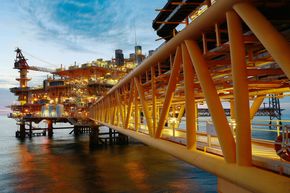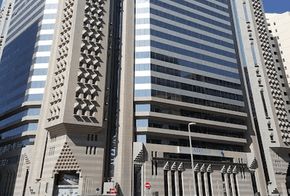Pressure Safety Valve (PSV) Integrity Training
- Online (Microsoft Teams)
- +971 562069465
- info@velosiaims.com
-
Velosi is conducting Pressure Safety Valve (PSV) Integrity Training online.
A safety valve is a valve that functions as a fail-safe pathway, During the Industrial Revolution, safety valves were first developed for use on steam boilers. Early boilers were prone to explosion unless they were carefully operated. Spring-loaded and pilot-operated pressure safety valves will be in service for PSV, Pilot-operated relief valves are a subset of pressure relief valves, when the pressure or temperature exceeds preset limits, a pressure relief valve (PRV) automatically releases a substance from a boiler, pressure vessel, or from any other system. A rupture disk is a leak-proof, poor option for single emergency use.
Velosi has a “learn to ace” approach, our team comprises professional and expert trainers who ensure to enhance your ability and skills through grasping knowledge about the specified course effectively. PSVs and Safety Relief Valves allude differently and interchangeably throughout the technical industry, this course aims to enrich participants with extensive knowledge of PSV’s technical methodologies without compromising on the safety values, making the terminology effective and efficient for your business to nourish proficiently.
-
By completing this course, participants will be able to:
- Identify and determine the different types of PSVs, such as conventional, bellows, and pilot-operated.
- Evaluate and explain productive function and operation methodologies.
- State common inadequacy factors.
- Identify and evaluate PSVs that are conventional, bellows, or pilot operated, testing, and productive certified operations.
- Productively recognize key elements in strip and refurbishment.
- Efficiently summarize the reference data and technical recommendations for choosing safety valves for various applications.
- Deeply understand cover terminology, standards, codes, basic design, troubleshooting, and installation.
-
Training will be conducted via Microsoft Team Meeting. Meeting invites will be shared on the day before the first day of training.
-
To Be Discussed
-
- Presentation Slides
- Training Recordings
- Study References
-
Upon successful completion of training, participants will receive a “Pressure Safety Valve (PSV) Integrity Course Completion” certificate.
-
This course is appropriate for a wide range of professionals but not limited to:
- Individuals seeking knowledge and basic understanding in the oil and gas industry, safety, its application, and methodologies.
- Individuals working as engineers, project managers, mechanical engineers, technicians, operators, and professionals in the oil and gas industry.
- Individuals who wish to enhance their career opportunities in the field of oil and gas, and its safety implications.
-
Participants can avail a discount of either an early bird or group discount whichever is higher with an additional discount when signing up for 2 or more courses.
Group Discount (same company only)
- 15% Discount for groups of 5 or more
- 10% Discount for groups of 3-4
Bundle Discount
- Sign up for 2 courses and get an extra 10% off
- Sign up for 3 courses and get an extra 15% off
Course Outline
-
- Devices, concepts, and descriptions
- Importance of setting the pressure
- Overburdening and accumulation
- Counter pressure effects and terminology
- blowdown and reseat pressure
- Valve types and components
- Disks that rupture and fail
-
- Valve type calculation and selection
- Traditional Balanced Pilot methodology
- Gas, liquid, steam, and biphasic discharge areas
- Usage of multiple valves for execution
-
- Specification for PSV
- Optional size selection
- Choosing valuable materials
- PSV’s necessary accessories
- Pilot operated PSVs
- PSV testing verification/witnessing
-
- Rupture disks specifications, including types, concepts, and accessories.
- Disk varieties and their importance
- Range of fabrication
- Materials for Rupture Tolerance
- Accessories for PSV’s
-
- API STD 2000 and ASME I valve
- Productive usage of ASME I valves
- The use of API STD 2000 valves
- Dimensions and specifications
- SIL and safety valves



